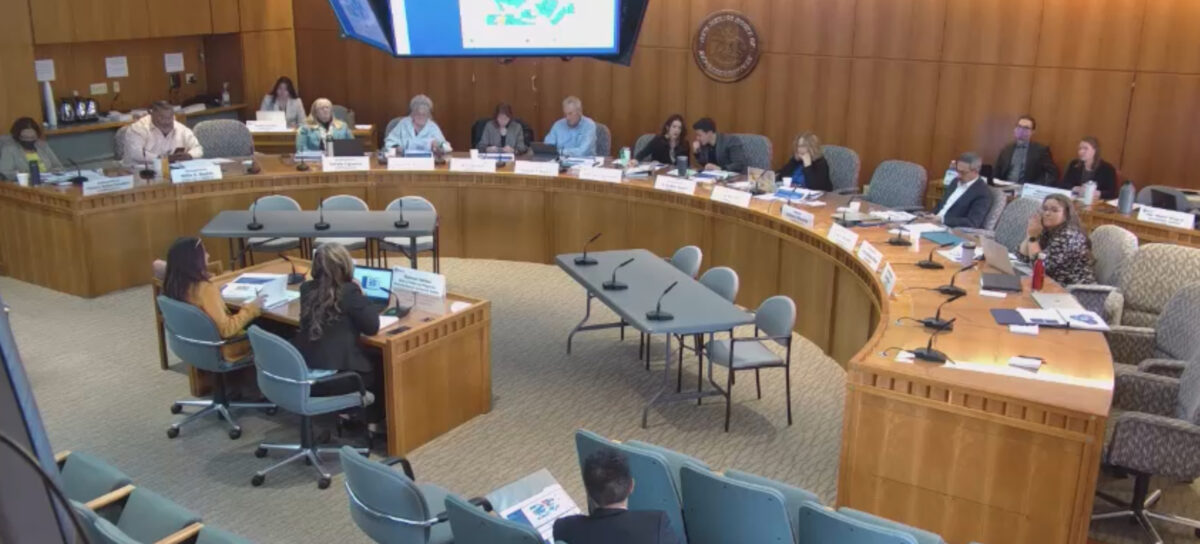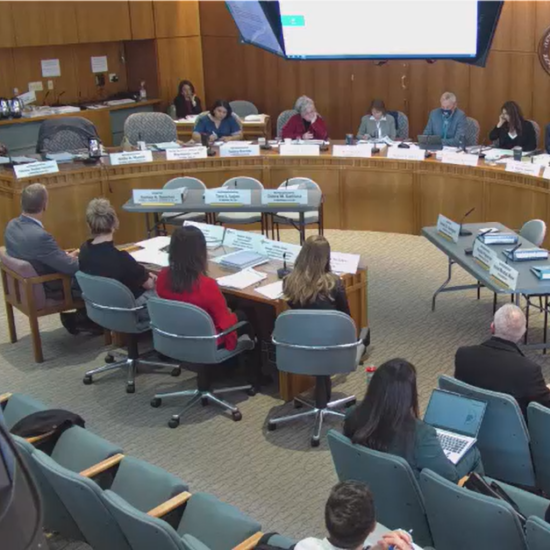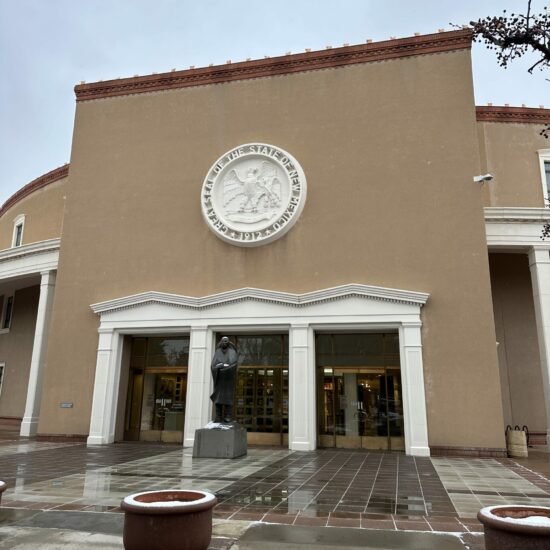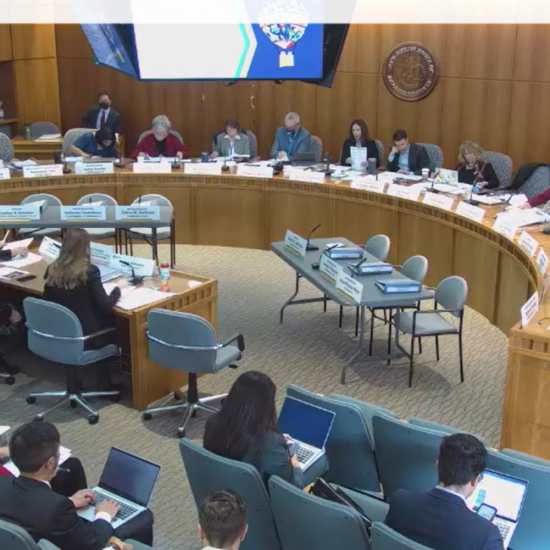
Legislators learned about data gaps in New Mexico’s teacher workforce on November 15 at the Roundhouse during a meeting of the Legislative Education Study Committee.
The committee heard from Shannon Houston, Chief of Policy and Programs at the National Council of Teacher Quality. NCTQ, a research and policy organization established in 2000, is known for its comprehensive datasets on education policy, teacher contracts, and state-level operations.
Houston’s presentation emphasized the challenges posed by inadequate teacher workforce data, affecting both national and state-level efforts. She said the lack of detailed information hampers informed decision-making for students and policymakers aiming to support teachers effectively. Houston told legislators that “the poor quality of data on the teacher labor market poses a serious obstacle to strengthening and diversifying the teacher workforce.”
Houston said that New Mexico needs to address its lack of teacher workforce data. She told legislators they should work to find out which subjects have the largest number of vacancies, why a teacher leaves the profession, and determine how many teacher vacancies there will be in the next five years. Houston told legislators that a stronger teacher pipeline requires strong teacher preparation programs, earlier this year NCTQ released a report about New Mexico’s teacher preparation programs and how well they prepare teachers to teach students to read.
Houston recommended the state to begin focusing on filling these data gaps by identifying subject areas with teacher shortages, mapping the distribution of teachers across regions, and addressing disparities in teacher preparation programs. Houston said these questions are essential for policymakers looking to allocate resources efficiently and prioritize districts and programs.
Houston said that New Mexico does report new teacher supply data, teacher demand data, teacher shortage data, nor teacher mobility data. New Mexico also does not disaggregate supply and demand data by school district. Legislators said New Mexico State University keeps data on teacher shortages in the state. Houston acknowledged this and said the NMSU report only gathered information on job openings as posted online or on the district website, and did not account for posts which may have been filled or eliminated and never taken off the internet, she noted that this data does not include charter schools.
Several states have taken steps to address this issue. Houston showed legislators examples of laws passed in Colorado, Delaware, and Indiana that have helped to regulate their teacher workforces. Particularly, in Delaware, state law mandates annual teacher workforce projections and requires detailed reporting on teacher retention, providing detailed information for policymakers. NCTQ provided recommendations on how New Mexico can improve its teacher workforce data, Houston said the organization would be willing to help the state implement these changes.
Houston stressed the importance of partnerships between the state, school districts, and teacher preparation programs to collect and analyze relevant data. She said these partnerships support data-driven decision-making in education, helping track program outcomes, demographic information, and other critical metrics.







